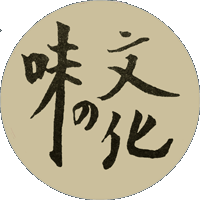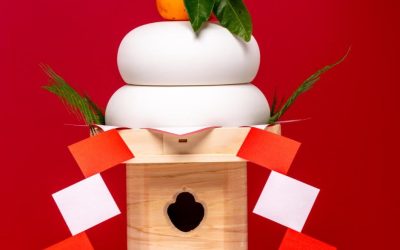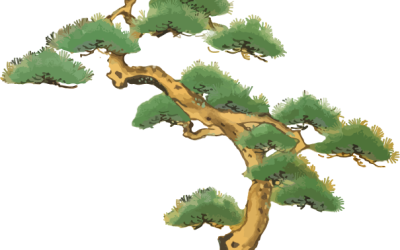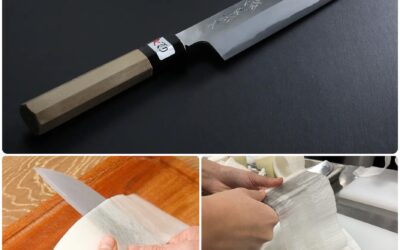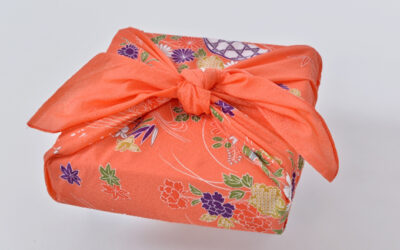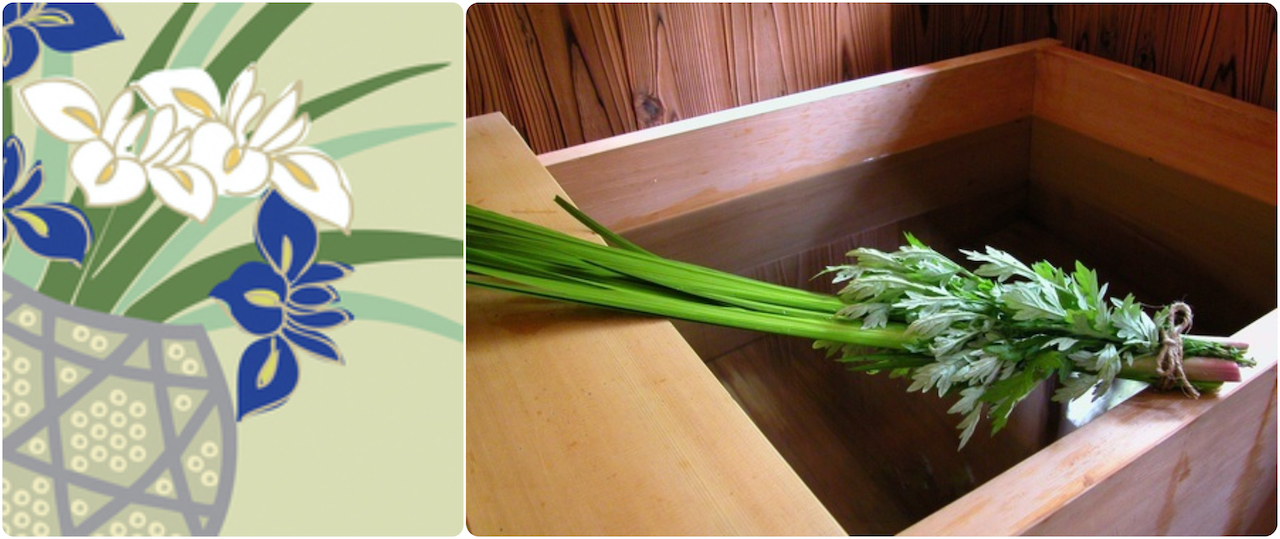
SHŌBU: 尚武・勝負・菖蒲
In Japanese, the words for martial spirit (shōbu, 尚武), victory (shōbu, 勝負), and a reed that is a botanical relative of the iris flower (shōbu 菖蒲) make a fortuitous pun.
Throughout Japan, during Golden Week, fragrant bunches of shōbu (iris reeds), are sold in supermarkets, as well as flower shops. These iris reeds (botanically, Acorus calamus) are not placed in vases, as you might expect, but rather in the bathtub — often with the addition of yomogi (mugwort; Artemisia princeps) — the tuft of leaves tied with the reeds in the photo, above).
Thought to strengthen the spirit and ward off illness, the ritual of bathing in shōbu yu is delightful. This ancient form of hydro-aromatherapy is just the thing to soothe any modern, stressed-out body.
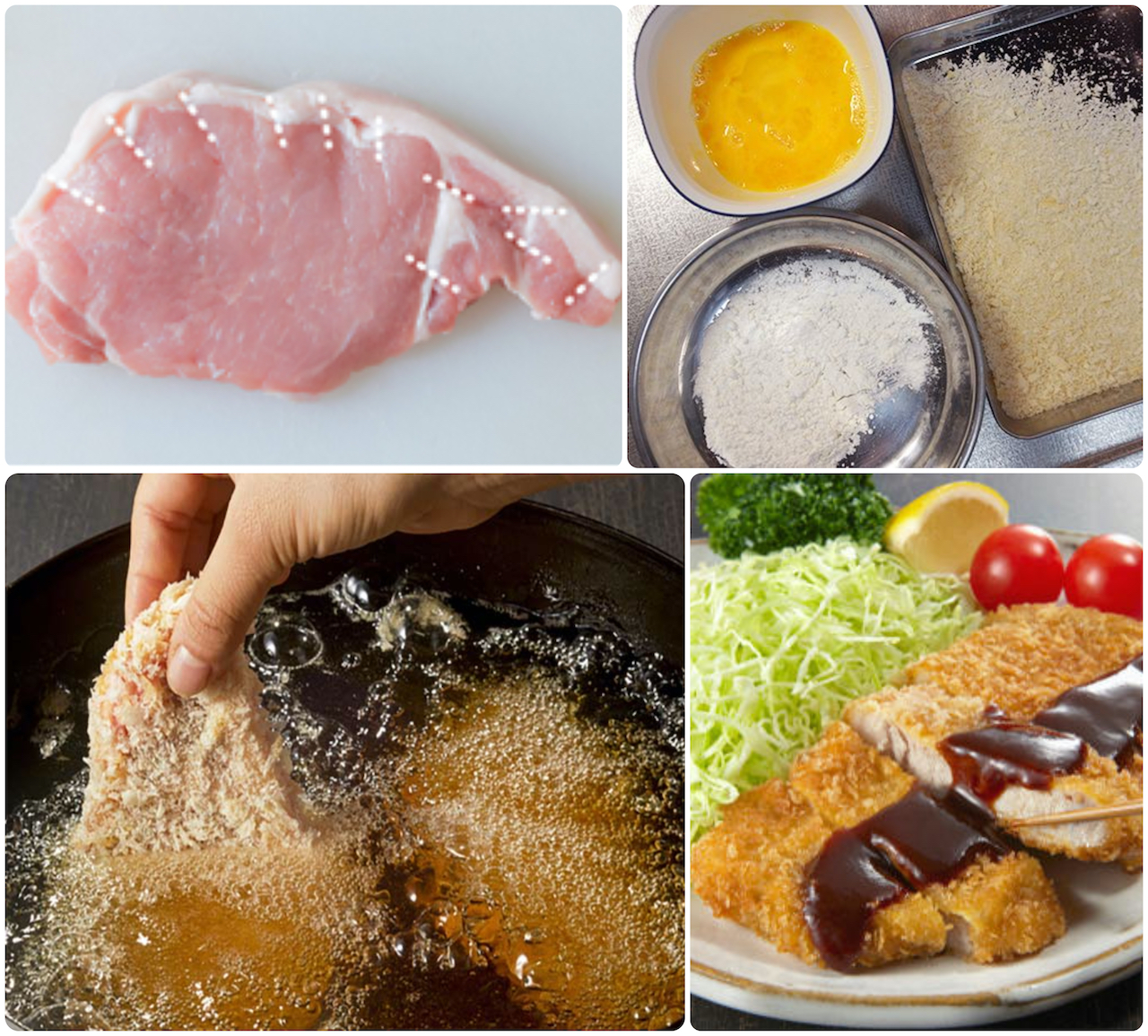
KATSU: 勝・活・カツ
In Japanese, the verb “to win” (katsu 勝) and another verb “to invigorate” (katsu 活), and breaded, fried “cutlets” (katsu カツ) all share the same pronunciation.
Because “katsu” also means “to win,” tonkatsu (pork cutlets) are often served before sports competitions and entrance exams to convey good luck wishes. Katsu (both pork and chicken) also appear on menus celebrating victory.
Try your hand at making tonkatsu. Download the recipe. ENJOY!

RANMA・ 欄間・transom
Above is a carved wooden ranma (transom), salvaged from the old Andoh home in Shikoku just before it was torn down, years ago.
The ranma had been in the upstairs “guest” room — the room I had stayed in on my first visit to Japan nearly 60 years ago. The pattern is one of shōbu iris reeds with a hibari (skylark) taking flight, emblematic of late spring shifting to early summer. This ranma now hangs (decoratively, no longer functionally) in our Tokyo apartment providing nostalgic pleasure, daily.
Read my MAY 2025 newsletter about Seasonal Word Play.
